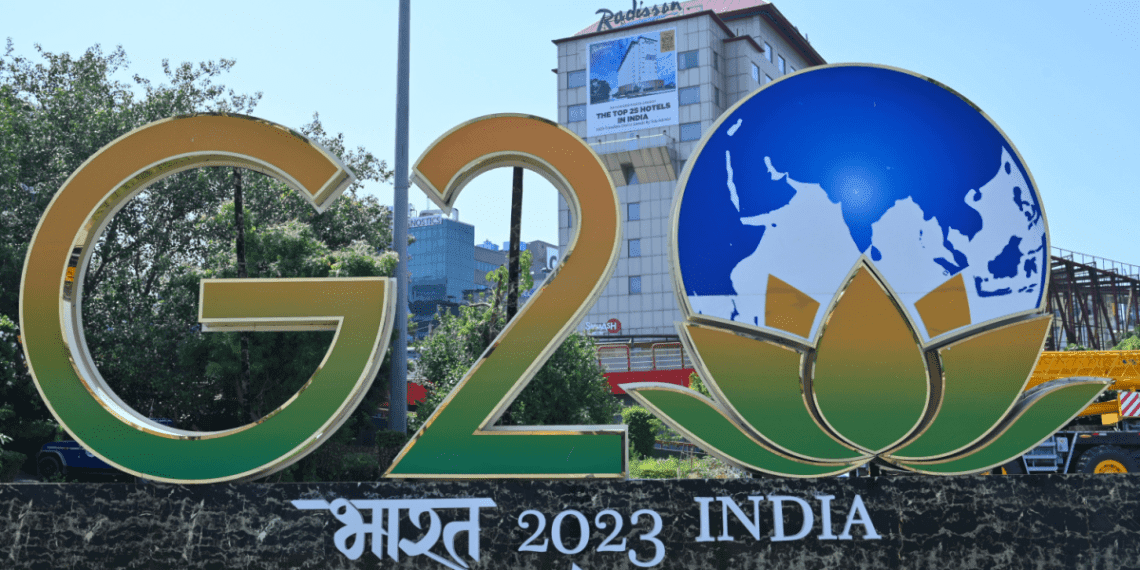The necessity for a coordinated regulatory framework has gained traction on the world arena in the ever-changing ecosystem of cryptocurrencies. The G20 countries, including India, have taken substantial measures to address this serious issue. While they support the Financial Stability Board’s recommendations and emphasize global uniformity, they are dedicated to protecting investor interests, foster innovation, and combating illegal activity. In this article, we investigate the G20’s perspective and gather views from industry experts who appreciate the need of striking a balance in regulating the crypto environment.
G20 Commitment to Crypto Regulation
The G20 New Delhi Leaders’ Declaration reaffirmed the commitment to regulating and supervising crypto assets and global stablecoin arrangements. They recognized the need to eliminate regulatory arbitrage and preserve worldwide uniformity. The adoption of the IMF-FSB Synthesis Paper and Roadmap is a significant step forward in developing a comprehensive policy and regulatory framework. This approach strives to handle the inherent risks associated with emerging markets and developing economies while adhering to FATF guidelines for combating money laundering and terrorism funding. Finance ministers and central bank governors are slated to meet in October 2023 to debate the roadmap’s implementation, reaffirming the G20’s commitment to global crypto asset regulation.
The Industry’s Point of View
Binance’s Head of Regional Markets, Richard Teng: Teng praised the IMF and FSB roadmaps, underlining the rising acknowledgement of blockchain technology’s disruptive potential. He cited the G20’s request for the Crypto-Asset Reporting Framework (CARF) and Common Reporting Standard (CRS) revisions as a significant step forward. This shows India’s G20 leadership in developing the legislative environment for cryptocurrency and the larger Web3 business.

According to Menon, this strategy would encourage innovation, openness, and a collaborative effort to combat illegal activity.
ZebPay CEO Rahul Pagidipati: Pagidipati praised India’s G20 leadership for kicking off global crypto conversations and creating a favorable example for the rest of the world. He emphasized the significance of bridging data gaps in order to acquire insights on the use of digital assets for payments. This data-driven approach would allow politicians to create policies that emphasize investor safety, anti-money laundering, and cybersecurity while encouraging responsible expansion in the business.
The G20’s commitment to a unified regulatory framework for cryptocurrencies is an important step toward building a balanced and sustainable crypto environment. Industry leaders such as Richard Teng, Aditya Malik, Rajagopal Menon, and Rahul Pagidipati realize the significance of this transformation and highlight the necessity of clear norms, collaboration, and appropriate regulation. Striking the correct balance between innovation and security is critical to realizing the full potential of cryptocurrencies while protecting investors’ interests and the integrity of financial institutions. As the globe grapples with the problems and opportunities posed by crypto assets, the G20’s leadership and industry expertise offer optimism for a brighter and more regulated future in the crypto field.



